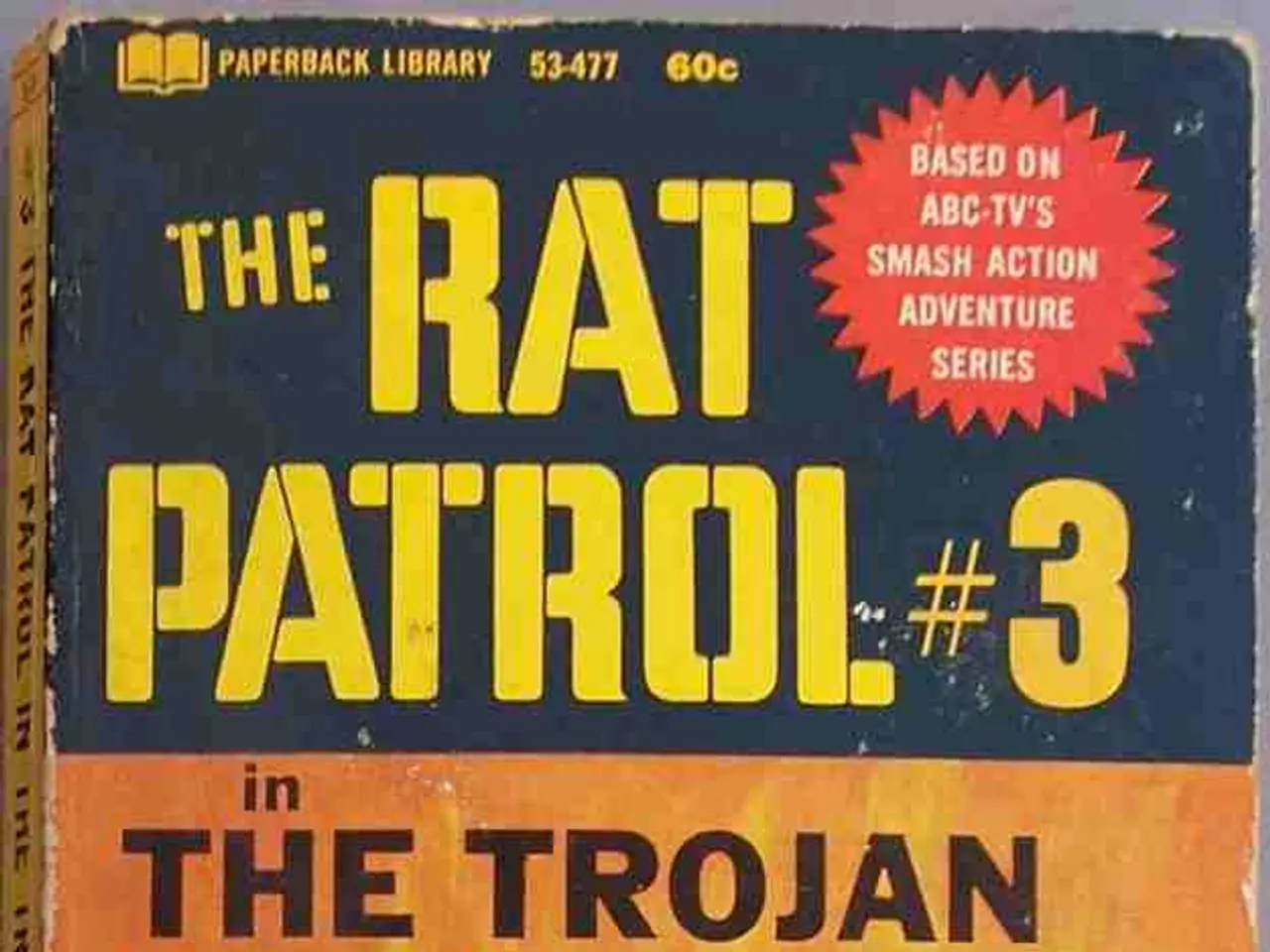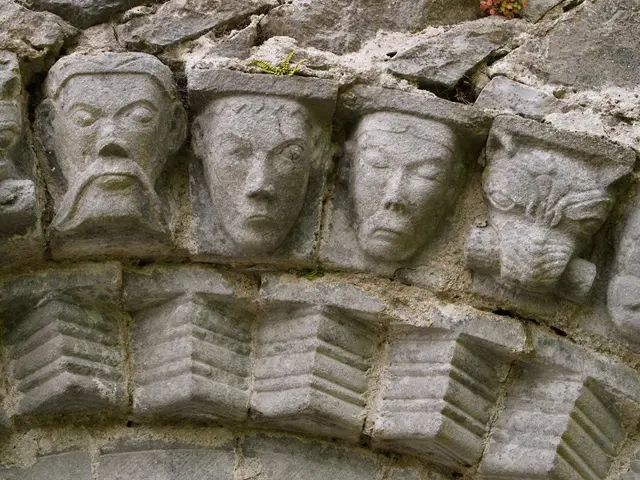Gen Z Individuals Redefining the Narrative of India's Partition History
In the digital age, history is no longer confined to dusty textbooks. A new wave of historians, primarily from the Gen Z generation, are using social media platforms like TikTok to explore and shed light on the complexities of the Partition of India and Pakistan in 1947.
One of these historians is Rida Ali (@freespiritrida), a 25-year-old historian based in New York. Rida's videos focus on educating viewers about the 1947 Partition, the role of British officials like Cyril Radcliffe in drawing borders, and the immense human consequences of forced migration and violence that affected around 15 million people and caused up to 2 million deaths. Rida's findings emphasize that the Partition borders were imposed by the British with little input from the people affected, mainly dividing majority Hindu and Muslim areas but ignoring minorities such as Sikhs, Christians, and Buddhists, leading to massive displacement and suffering.
Another TikTok historian, @johanluvsgod, explores the broader effects of colonialism on South Asia's modern identity, including boundaries, economic development, social tensions, and linguistic diversity. @johanluvsgod frames Partition as part of a longer colonial legacy shaping the region.
This TikTok historian movement is part of a larger trend of hobbyist historians leveraging social media to decolonize traditional narratives around Partition, spotlighting overlooked perspectives and the human stories behind technical geopolitical decisions.
In addition to these accounts, Scottish historian Sam Dalrymple has created Project Dastaan, which uses virtual reality to connect people who migrated during Partition with the homes they left behind. The project aims to provide a unique and personal perspective on the human impact of the Partition.
The Bengali language protests in 1952 erupted in response to Urdu being the sole official language across East and West Pakistan. This event, often overshadowed in Partition narratives, is another topic that these historians are bringing to light.
Meanwhile, in the Indian subcontinent, content creators like Ishy Din and Nihal have received satisfying feedback for their work, which focuses on South Asian history and culture. In West Palm Beach, Florida, Iftishamul Nihal, a Bangaldeshi-American, created his own Instagram channel, Bideshi, to revisit events related to the division of Bengal.
Elsewhere, Sarin Kishna, an 18-year-old with a parent from India and a parent from Suriname, has been learning about Partition to make sense of politics today, particularly a resurgent Hindu nationalism. Kishna has been disturbed by the hate he sees towards Muslims and has been doing deep dives on social media, following accounts like Uncivilized Media.
In conclusion, these TikTok historians are providing a fresh, accessible historical understanding that connects past colonial actions to ongoing regional identities and diasporas today. Their work serves as a reminder that history is not just a series of dates and events, but a living, breathing narrative that continues to shape our world.
References:
[1] BBC News. (2020, August 15). Partition: The untold stories of the 1947 partition of India. Retrieved from https://www.bbc.com/news/world-asia-india-53780795
[2] The Guardian. (2020, August 15). How a new generation of historians on TikTok is rewriting the story of Partition. Retrieved from https://www.theguardian.com/world/2020/aug/15/how-a-new-generation-of-historians-on-tiktok-is-rewriting-the-story-of-partition
[3] The National. (2020, August 14). How TikTok is helping young historians rewrite the narrative of Partition. Retrieved from https://www.thenational.ae/world/asia/how-tiktok-is-helping-young-historians-rewrite-the-narrative-of-partition-1.1107186
[4] The Indian Express. (2020, August 14). How TikTok is helping young historians rewrite the narrative of Partition. Retrieved from https://indianexpress.com/article/lifestyle/social-media/how-tiktok-is-helping-young-historians-rewrite-the-narrative-of-partition-6567525/
[5] The Wire. (2020, August 15). How TikTok is helping young historians rewrite the narrative of Partition. Retrieved from https://thewire.in/history/how-tiktok-is-helping-young-historians-rewrite-the-narrative-of-partition
Social media platforms like TikTok are utilized by a new generation of historians, such as Rida Ali and Johanluvsgod, to decolonize traditional narratives of the Partition of India and Pakistan, focusing on the human stories and overlooked perspectives. These digital historians also cover other significant topics in South Asian history, like the Bengali language protests in 1952, the influence of colonialism on modern identity, and the human impact of the Partition.







